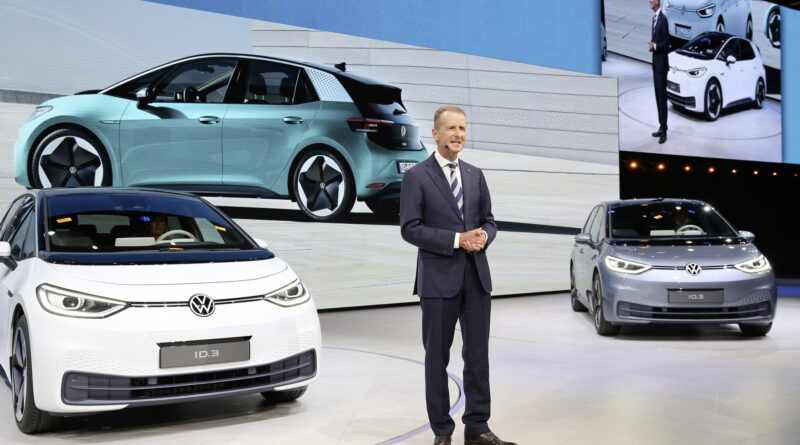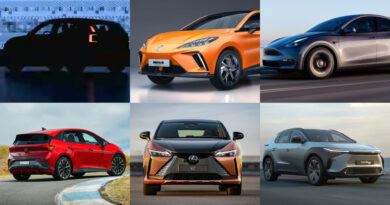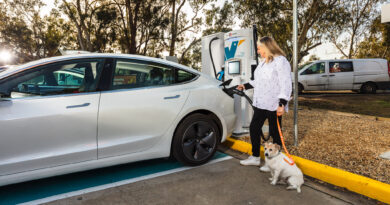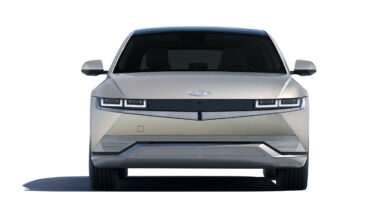Volkswagen: We loves EVs, but ICE age continues
The global boss of electric vehicle evangelist the Volkswagen Group has refused to give a deadline for the production of its last internal combustion engine.
Herbert Diess also warned countries dependent on the generation of electricity by fossil fuels not to rush to embrace electric vehicles.
Diess, chairman of VW Group board of management, was speaking on The Economist Asks podcast last week, only days after luxury brand Jaguar revealed it would go electric by 2025 and Ford had confirmed its passenger vehicle line-up would go all-electric in Europe by 2030.
It was also only weeks after General Motors revealed it aimed to have a zero emission product line-up globally by 2035.
One Volkswagen Group company, Bentley, has confirmed plans to be all-electric by 2030. But Diess also oversees the Volkswagen brand, Audi, Skoda, Seat, Bugatti, Lamborghini and Porsche, as well several commercial brands and the Ducati motorcycle company.
Volkswagen Group has announced a US$41 billion ($52 billion) spend on battery electric vehicles over the next five years and plans to launch 70 EVs by 2030.
But when asked by The Economist if Volkswagen would make concrete commitments to end its ICE age, Diess demurred, only mentioning 2035 as a possible date.
“I can’t give you a date because we are really a global company,” Diess said. “We are committed to EVs, we think we will pioneer, we think we have a chance to be market leader and we will introduce worldwide.
“On the other hand we see regions where it is still really difficult to imagine they will be converted until 2035 entirely to electric cars because it doesn’t make sense.
“Parts of Latin America they have a different alternative with bio-fuels which are CO2 (neutral) which are much cheaper for them. The network would be hugely expensive to change over all their plants.”
One Volkswagen Group brand, Porsche, is investing heavily in “e-fuels” (in part to maintain the heart of its iconic sports car, the 911) with Siemens Energy; e-fuel is a synthetic fuel claimed to be carbon neutral. And Formula 1 is increasing its use of bio-fuels and has also previously looked at e-fuels for use in internal combustion engines that are still key to the pinnacle of motorsport.
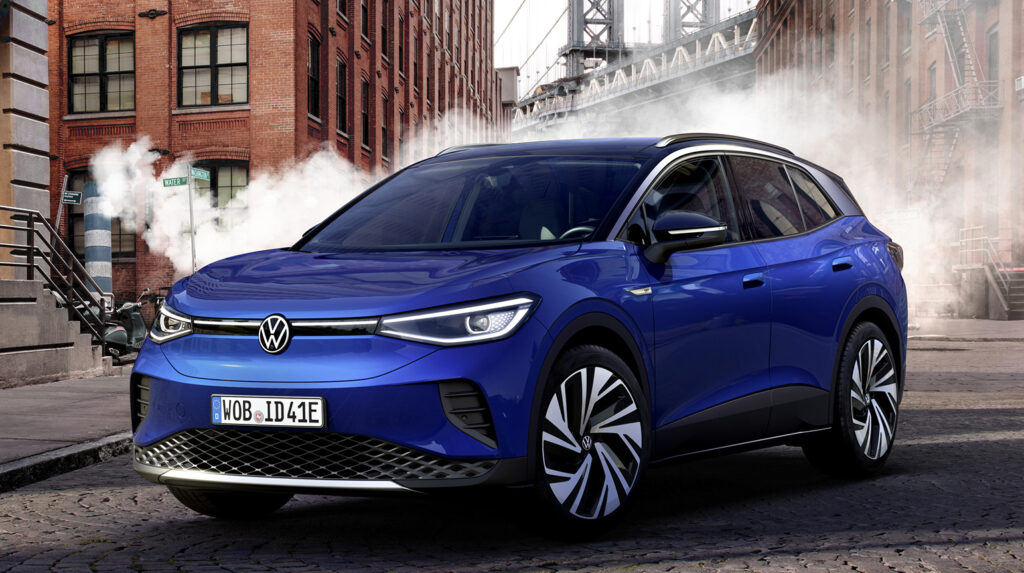
Diess said the recognition had come that EVs were crucial to the reduction of CO2 and addressing the climate crisis. But he raised the issue of fossil fuel electricity generation as something that required caution, especially when planning a ban on ICE as the UK is doing in 2030.
“I would say a ban could make sense in countries like Norway where you have C02-free primary energy, where electricity is free of coal.
“It could make sense in the UK as well because I think the UK is closing down the last of its coal plants in the next few years and you get CO2-free electricity quite soon.
“It make sense in France where they have no carbon in their primary energy. Does it make sense in Germany? Let’s wait and see.
“The commitment in Germany is to only close the last coal-fired powerplant by 2037. So it doesn’t make sense to run electric cars on electric energy which is produced by fossil fuels or carbon.
“That is why we should see and will see different speeds of introduction.”
In Australia, there is no timeline for the end of coal-fired electricity plants with some political groups such as the Nationals pushing for more to be built.
Volkswagen Australia has spoken out about the lack of support for the arrival of EVs in Australia and pushed back the arrival of EV models such as the ID.3 and ID.4.
On the sales threat of Tesla, which is already the world’s most valuable car company, Diess conceded Tesla could become the number one car company in the world in 10 years.
But naturally enough, he said he wanted VW to be number one.
“We are doing the right moves, we know what is going to happen, we are building up the right skills and the advantage we have over new entries is we have a continuous cash flow out of our traditional business which we can use to rebuild and reinvest.
“Hopefully the capital markets will recognise we are on the right way and sooner or later we will catch up as the market leaders.”

